Replacing your trailer tires is essential to keeping your trailer in optimal condition. Whether you're hauling heavy loads or taking your boat out for the weekend, properly maintained tires contribute to a safer and smoother trip. Understanding when and how to replace them can prevent costly breakdowns and dangerous situations. In this article, we'll cover key considerations for selecting and maintaining trailer tires to help you make informed decisions and avoid unexpected issues on the road.
Understanding Weight Capacity and Trailer Tires
One of the most important factors when replacing trailer tires is their weight-carrying capacity. According to Landmark Tools, trailer axles can carry between 1,000 and 10,000 pounds. Ensuring that your tires are rated for your trailer's maximum load is crucial for safety and performance. Overloading your trailer with tires that cannot handle the weight increases the risk of blowouts and reduces overall stability on the road. If you're unsure about the load requirements, consult your trailer's manual or speak with a professional to find the best tire match.
Choosing the Right Tires for Your Trailer
Selecting the right tires depends on how you use your trailer. Radial tires are best for highway driving, providing better fuel efficiency and a longer lifespan. Bias-ply tires, on the other hand, offer increased durability for off-road and heavy-duty applications. When purchasing new trailer tires, check the load rating, size, and tread pattern to match your specific needs. Investing in the correct tires improves performance and reduces long-term wear. Additionally, always buy tires in pairs or sets to maintain even wear and consistent handling, reducing the risk of uneven traction on different surfaces.
Maintaining and Extending Tire Life
Even after replacing your trailer tires, proper maintenance is necessary to maximize their lifespan. Regularly inspect for wear, cracks, and punctures. Check tire pressure before every trip, as underinflation can lead to poor handling and increased fuel consumption. Additionally, avoid excessive exposure to direct sunlight, as UV rays can degrade rubber over time. Simple habits like cleaning debris off the tires and avoiding sudden stops can make a significant difference in how long your tires last.
Replacing trailer tires requires careful consideration of weight capacity, tire type, and ongoing maintenance. By selecting the right tires and following proper upkeep practices, you can improve the safety and efficiency of your trailer. Before your next trip, take a moment to inspect your tires and confirm they're ready for the journey. If it's time for new ones, invest in quality trailer tires that match your trailer's demands for a smoother, worry-free ride. Don't wait until you're stranded—check your tires today and keep your trailer in peak condition. Reach out to Richfield Trailer Supply to get new tires today!

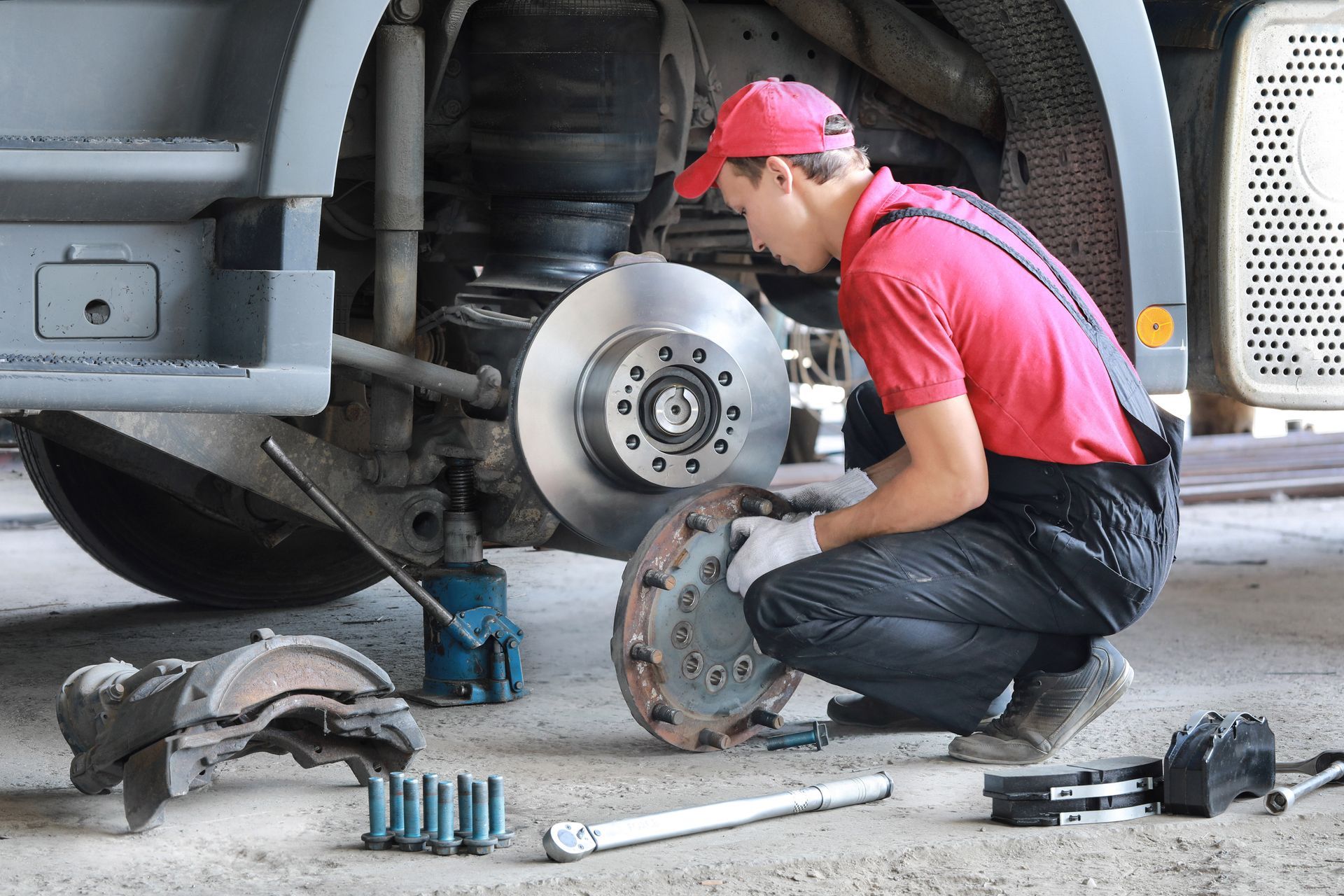
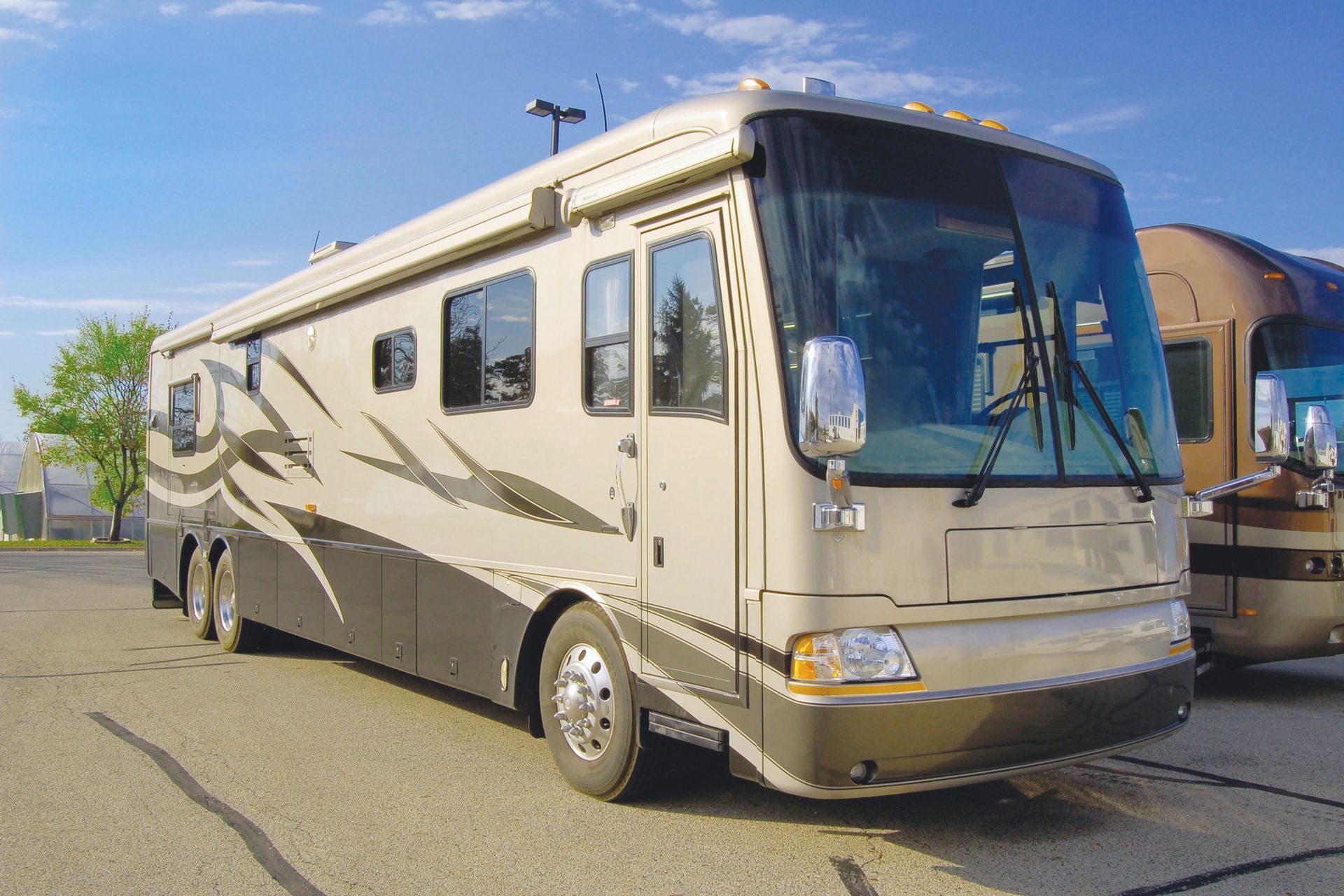
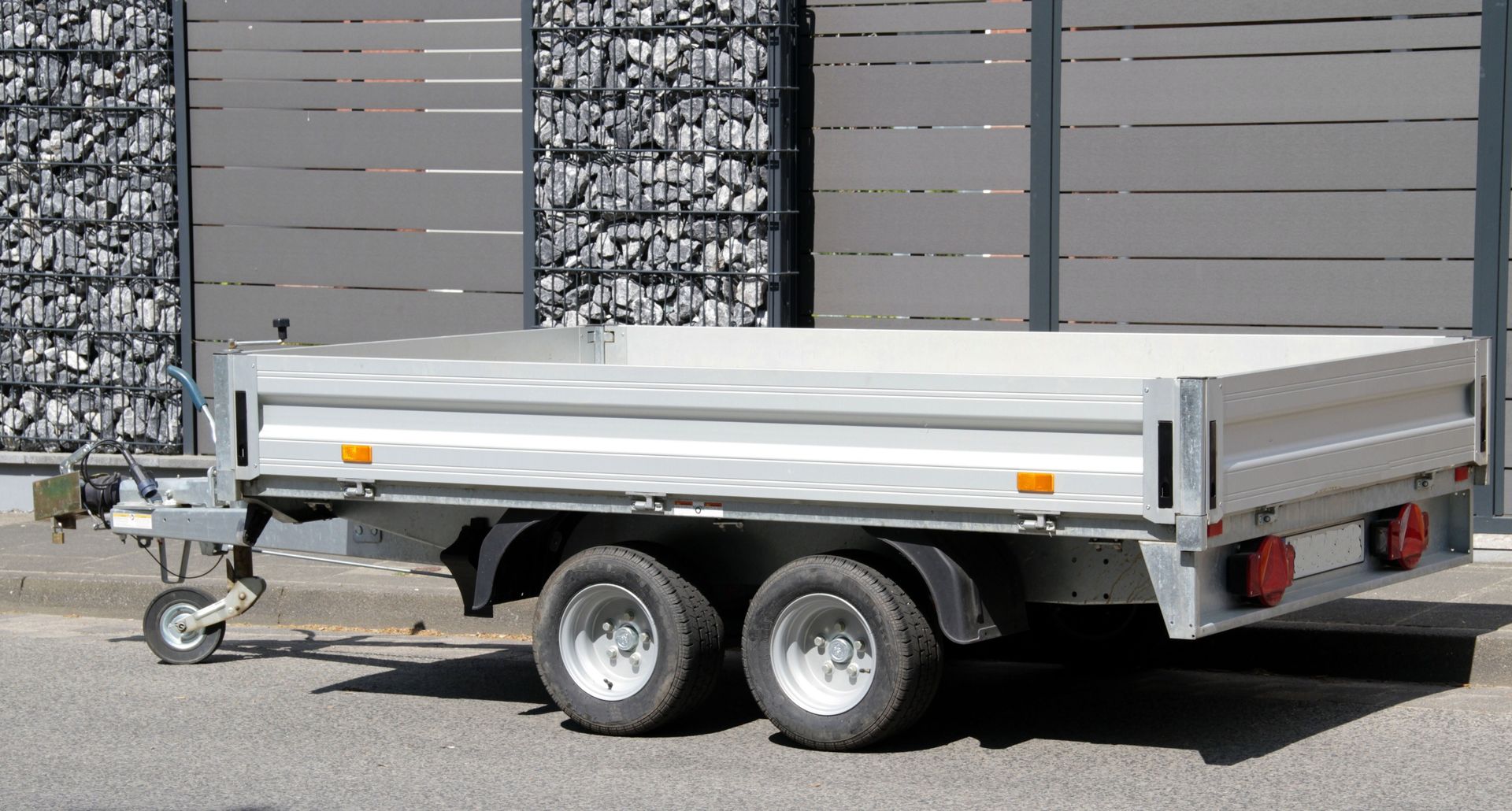

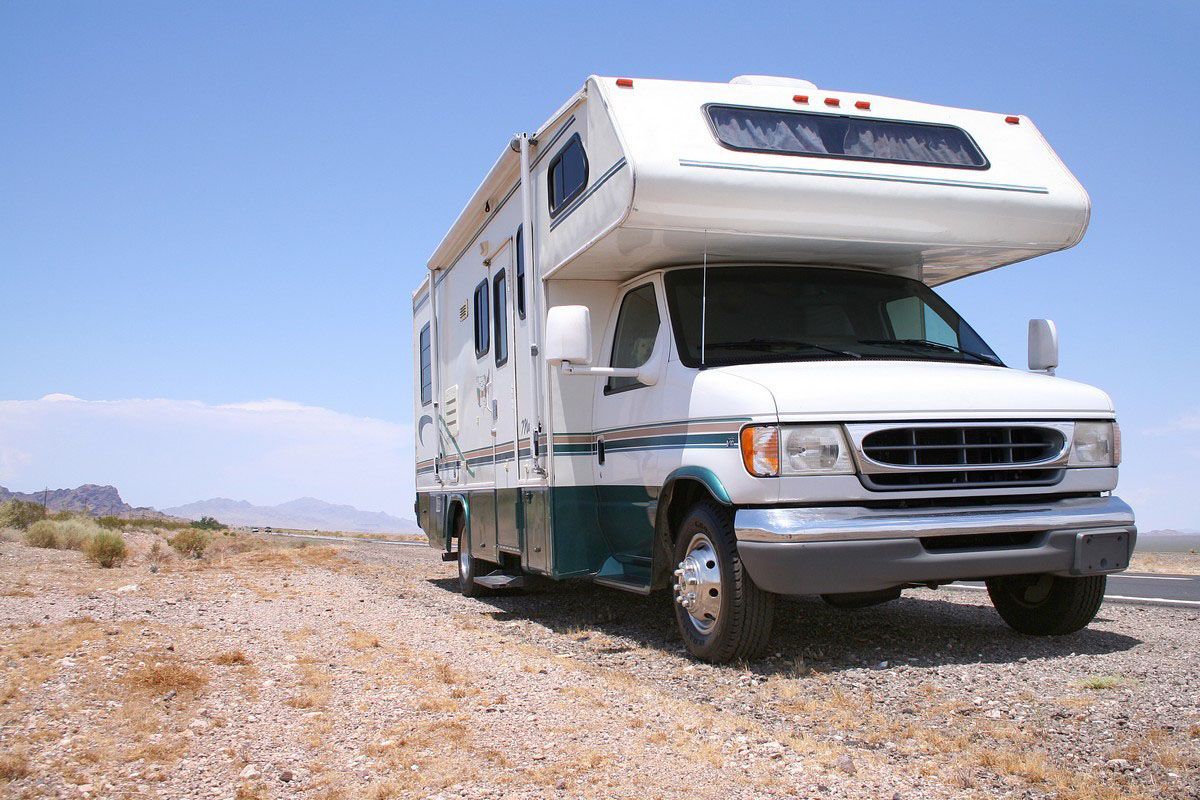
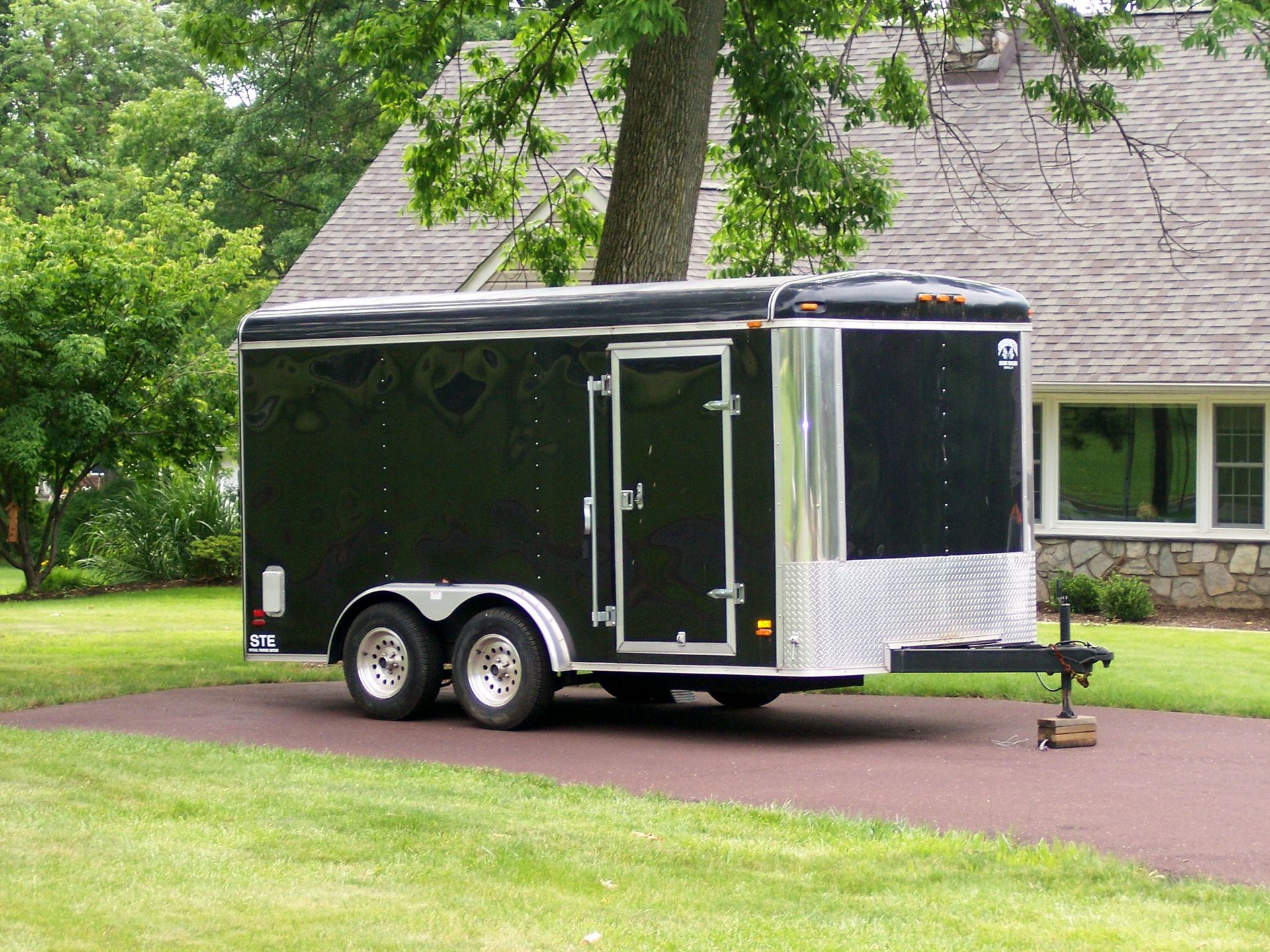
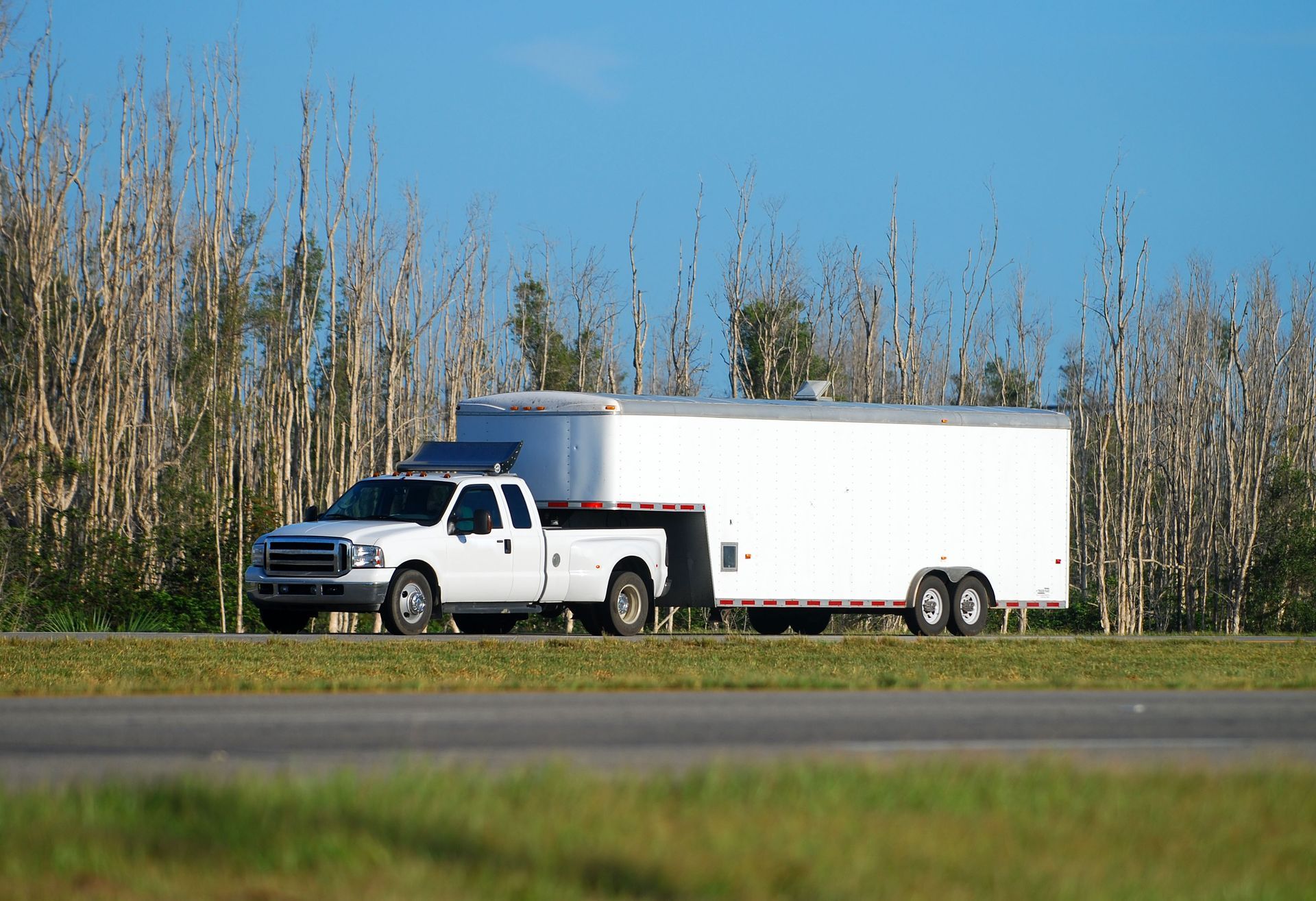

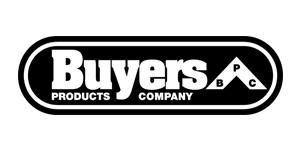
































Share On: